When I left the Peace Corps, my military deferment left me . . . left me four months vulnerable to “draft liability” (love that term). After that, I’d be twenty-six and beyond the reach of this odorous “liability.”
I didn’t join the Peace Corps to evade the draft. Some did, but I didn’t. I’d made up my mind to join from the moment President Kennedy announced it, March 1, 1961, when I was still in high school. America had some advisers in Vietnam in 1961, but mostly what we heard about then wasn’t even Vietnam but Laos.
By the time I started college, a few progressive souls were beginning to protest, but draft boards across the country continued rubber-stamping educational deferments.
My board didn’t breathe down my neck until 1965, when Lyndon Baines Johnson, following the Tonkin Gulf resolution, began deploying massive regular-army troops to Vietnam. Anyone not expecting to graduate “in the normal time,” my board informed me, would no longer get a deferment. Me, that is.
I was working my way through, going to school at night. I was not, let me emphasize, one of those “elites” that conservatives complained about, using college to avoid military service. Nevertheless, Selective Service was convinced I was studying part time in order to stretch out my deferments.
Well, if that was how they wanted to play it . . .
I came home an unalterable foe of the war.
I got a part-time job, registered for full-time classes, took out a loan, and graduated “in the normal time.”
Per my original plan, I applied to the Peace Corps, was accepted, and my service in India was a stark revelation of just what kind of threat Third-World villagers posed to American security interests. It was the villagers, after all, who were brutalized the worst by our helicopter gunships, napalm bombing runs, and rogue platoons. I came home an unalterable foe of the war.
It was May, 1969. A person’s draft status was still at the whim of his local board. The lottery came in later that year, but in May, I was still red meat. . . unless I outflanked them. Luckily, one of their own rules enabled me to do just that.
If you asked for a hearing, they had to grant it. Draft boards met once a month, and the hearings coincided with the meetings. I no longer recall the bases for the June and July hearings—just that they were dismissed as not having merit.
August’s, however, I remember very well. It was for a psychological evaluation—which was more firmly rooted in reality than was evident just by looking at me.
My draft board, in Leesburg, Virginia, met the 17th of the month; it wanted the evaluation before its August meeting so it could still draft me before I turned twenty-six, which would happen on September 15.
I was living with my fiancée in Washington, D.C. They sent me a bus ticket to the induction center in Richmond, 100 miles due south. I was supposed to leave at 7:30 the morning of August 16th, get evaluated by the end of that day, and report to Leesburg on the 17th for the meeting. On the 15th, they called to make sure I was following orders. It was the secretary herself who put the idea in my head. “I don’t know what we’ll do,” she said, “if they have to keep you overnight.”
Keep me overnight?
“I don’t know what we’ll do,” she said, “if they have to keep you overnight.”
The next morning, I somehow managed to miss the early bus, and it was four in the afternoon before I got close enough to the shrink’s office to be told he couldn’t see me until the next day. Uncle Sam gave me a voucher for room and dinner in the fading glory of the old Jefferson Hotel. I phoned the draft board—collect—to inform the secretary.
I called my fiancée and suggested she join me. She bussed down and we dined in splendor on the mezzanine overlooking the marble-floored, Doric-columned lobby whose ceiling was two stories high. The waiter, an elderly black man, surreptitiously wrapped two Manhattan glasses in napkins and slipped them to us as souvenirs of our visit to “the old South.”
The next day was the 17th. The draft board was meeting, and I wouldn’t be there. The shrink took five minutes to declare me sane.
My fiancée and I could have left in jocular spirits, save for one inescapable reality—the thousands of draftees less lucky than I.
A month later, on September 17, I appeared at Leesburg in person. As a precaution, I’d composed a statement by which to convince the board I really was crazy, but now I was two days past “draft liability,” and the statement wasn’t needed.
“Well,” said one of the members, “you’re home free!” I’d dated his niece in high school.
My fiancée and I were ready to pack and leave for Canada if none of this had worked.

